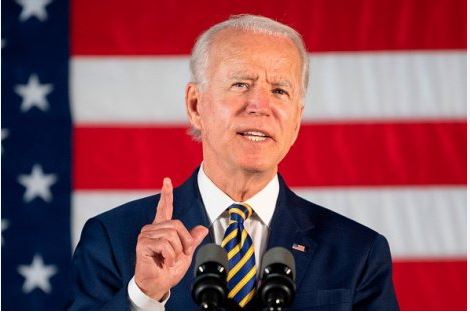Title: “Navigating Change: Biden and Congress Consider Overhauling Immigration System”

President Joe Biden is actively participating in Senate discussions regarding significant modifications to the U.S. immigration system. These talks, largely driven by Republican demands, are a pivotal part of negotiations for funding critical international situations, such as Ukraine’s fight against Russia and Israel’s conflict with Hamas. The current standoff in Congress over border policy changes has led to an impasse, prompting the White House to increase its involvement.
Key changes under consideration include adjustments to asylum standards, humanitarian parole, and expedited removal authority. These potential changes are stirring debate among lawmakers, immigration advocates, and the public.
Humanitarian Parole:
Historically used for urgent humanitarian reasons, humanitarian parole allows individuals to enter the U.S. bypassing standard immigration procedures. Under the Biden administration, this measure has seen significant usage, notably for Afghan evacuees and Ukrainian refugees. Republicans, however, view these actions as circumventing congressional authority and seek to limit this practice.
Asylum Standards:
The proposed adjustments aim to raise the threshold for migrants to pass initial credible fear interviews, a critical step in seeking asylum. While critics argue that most asylum seekers ultimately don’t receive asylum, advocates caution against heightening initial screening criteria, noting the challenges faced by migrants immediately after their arrival.
Expedited Removal:
Introduced in 1996, expedited removal allows immigration officers to deport certain immigrants quickly, without an immigration judge’s involvement. Expanding this policy could relieve pressure on the backlogged immigration courts, but immigration advocates warn against the potential for errors and lack of legal representation for migrants.
These proposed changes are rooted in the belief that stronger deterrence measures are necessary to control the surge of migrants at the U.S.-Mexico border. However, opponents argue that such measures might not effectively deter desperate migrants and could lead to more dangerous attempts to evade Border Patrol.
The implications of these changes are profound, affecting thousands of lives and the nation’s approach to immigration. The debate highlights a fundamental divide in views on immigration and border security, and the outcome of these negotiations will likely have long-lasting effects on U.S. immigration policy.





